Nansen Breaking Up with Antarctica
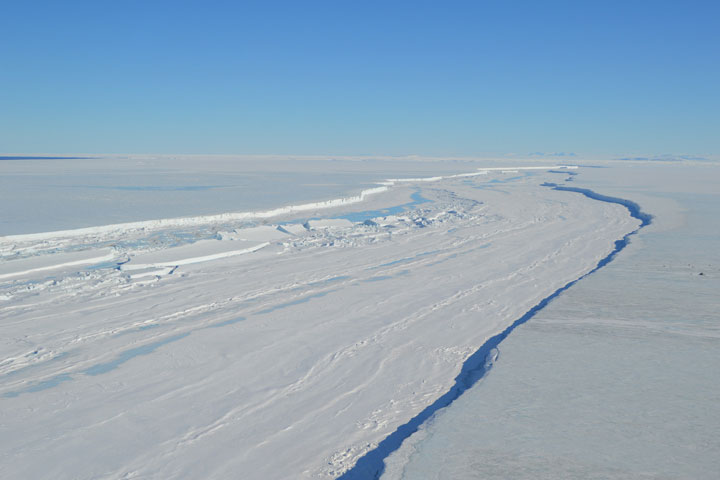
A floating shelf of ice attached to the coast of Antarctica appears ready to shed an iceberg into the Southern Ocean. Over the course of two years, a small crack grew large enough to spread across nearly the entire width of the Nansen Ice Shelf.
Albino Whale ‘Gallon of Milk’ Spotted off Mexico
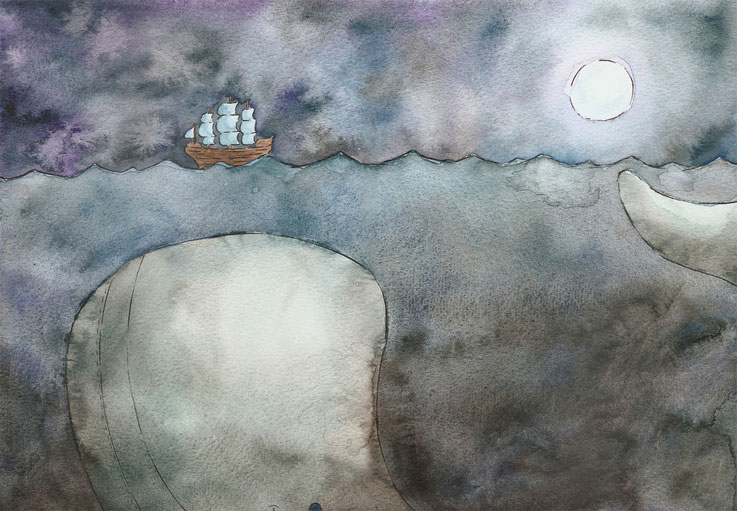
An annual whale census off the Pacific coast of Mexico turned up a welcome sight: the albino whale known as “Gallon of Milk,” a female gray whale not seen since 2009.
Why Sustainability Is No Longer a Choice (Op-Ed)

Our understanding of the global climate, economic system and world has changed dramatically over the past decade. And with it, the roles and responsibilities of businesses have also changed.
NASA Finds Drought in Eastern Mediterranean Worst of Past 900 Years
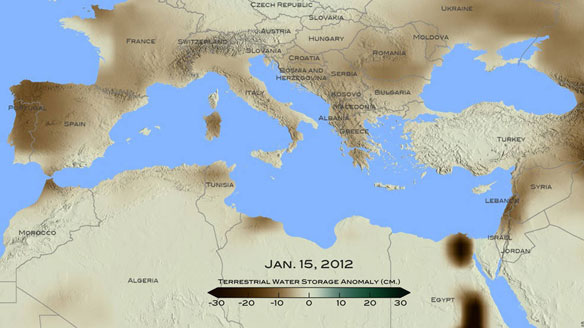
A new NASA study finds that the recent drought that began in 1998 in the eastern Mediterranean Levant region, which comprises Cyprus, Israel, Jordan, Lebanon, Palestine, Syria, and Turkey, is likely the worst drought of the past nine centuries.
Leading Scientists Say Warming Slowdown Was Real

On Wednesday, a group of prominent scientists published a commentary upbraiding colleagues who have published papers downplaying or dismissing the significance of a 13-year slowdown in warming rates at the planet’s surface.
New evidence confirms human activities drive global warming
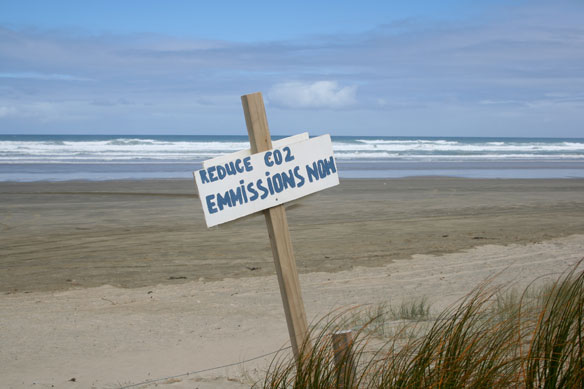
A new statistical technique, analyzing data records since measuring started 150 years ago, independently confirms that human-made carbon dioxide and methane emissions have led to global warming. The analysis shows that the most pronounced consequences of such emissions are being felt in localized regions around the globe, such as Europe, North America, China, Siberia, the Sahel zone in Africa, and Alaska.
Long term satellite data offers insights into degree of global sensitivity to climate change

A team of researchers from several institutions in Norway and the U.K. has isolated the parts of our planet that appear to be the most sensitive to climate change using satellite data covering the past 14 years.
El Niño and Climate Change: Wild Weather May Get Wilder
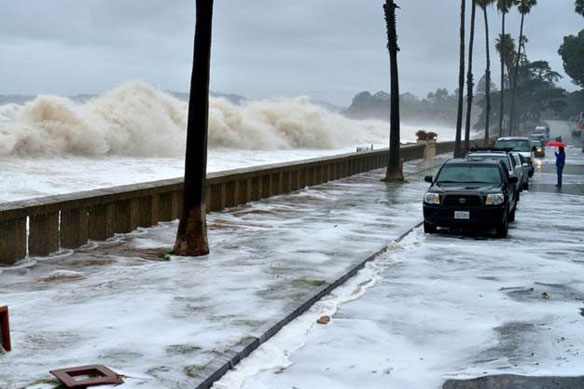
This year’s El Niño phenomenon is spawning extreme weather around the planet. Now scientists are working to understand if global warming will lead to more powerful El Niños that will make droughts, floods, snowstorms, and hurricanes more intense.
Window to reduce carbon emissions is small, scientists say

At the rate humans are emitting carbon into the atmosphere, Earth may suffer irreparable damage that could last tens of thousands of years, according to a new analysis published this week.
